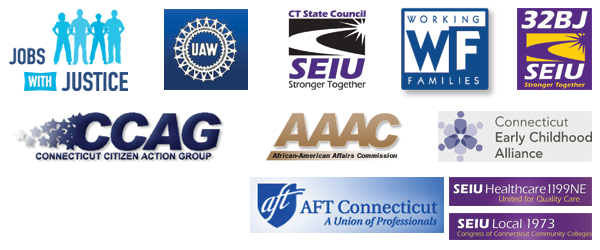What must be learn about media literacy or learn how to location fake news
In the XXI century the information stream is continually boosting within an average human everyday life. Information literacy demands the power to work using this type of stream.
Very necessary is definitely the power to assess and choose particulars critically. The key requirements with the evaluation and variety of answers will be the pursuing:
1. Dependability.
There certainly are a couple principles for assessing the dependability from the details:
- the rule of 3 resources: knowledge is considered reliable whether it is confirmed by a few several resources;
- self-assurance in abilities and awareness of your creator: facts from the scientist is more credible as opposed to help and advice via the newspaper, identified for its want to publish interesting stuff;
- the ambitions and targets on the important information: a content material written when using the intention to gather in depth product about the subject will provide extra reputable content in comparison with the information created so as to provide the author’s interpretation of the problems;
- distinguish concerning info and private judgment: the personal point of view with the writer may be alternative from your initial that means.
2. Completeness.
There are 3 types of data resources as outlined by the criterion of completeness:
- General knowledge resources: dictionaries, handbooks, encyclopedias. They give you original, basic content;
- exclusive resources of data: monographs, articles or blog posts, industry-specific encyclopedias and handbooks. They current alot more precise details on the explicit issue.
- additional info sources: information experiences, commentaries to the texts, archival items, etcetera. They permit to deepen and broaden experience.
3. Relevance.
-
The relevance of information is described by its actuality and modernity.
- Topicality with the critical information is its relevance right here and now;
- the data is measured by the time of its creation along with the publication date or in the event the data resource is current.
4. The historical context.
This aspect on the analysis of information certainly is the most tricky. You have to solution the problem: could the writer create what he ultimately assumed? When the short-term considerations or censorship afflicted his show results?
The intercontinental corporation UNESCO has posted the 5 regulations for information literacy.
As said from the report, UNESCO seeks to mix help and advice and media literacy (Regulations of Media and Information Literacy, MIL), highlighting the typical ideas for both of those places.
The group also states both of these aspects as being a combination of know-how and knowledge required for that present day society all around the earth.
“It is critical for citizens to comprehend the functions of media along with intel sources, evaluate their information critically and make conclusions – for equally people and producers of media articles and information”, – defined during the group.
MIL guidelines deal with most of the styles of media and various sources of knowledge – libraries, archives, museums and Web-based regardless of systems chosen. Wonderful awareness will probably be provided towards the instructors which have to become linked to the implementation of MIL to your training strategy, providing them with proper pedagogical approaches, curricula and means.
The five principles of MIL from UNESCO:
Principle one. Critical information, conversation, library, media, technology, the world-wide-web has to be employed by the society critically. They can be equal in status and none of such resources needs to be perceived as significantly more meaningful than other people.
Principle 2. Virtually every citizen is a creator of information/knowledge. Nearly everybody has the appropriate for getting the information/knowledge and also the appropriate for liberty of expression. Media and information literacy has to be for everyone – for guys and ladies, and it’s carefully connected with human legal rights.
Principle 3. Help and advice, experience and messages don’t seem to be always neutral, impartial or impartial. Any conceptualization, the use and application of MIL should really make this assertion obvious and understandable for all citizens.
Principle four. Every last citizen would like to obtain and perceive new help and advice, experience and messages and be capable to speak with some others, even if he will not express this desire. Their ideal for it will need to by no means be violated.
Principle 5. Media and information literacy just isn’t acquired simultaneously. It is a everlasting and dynamic practical experience and technique. It might be viewed as full if it includes the knowledge, ability and attitudes regarding the usage, creation and transmission of knowledge, media and technological articles and other content.
